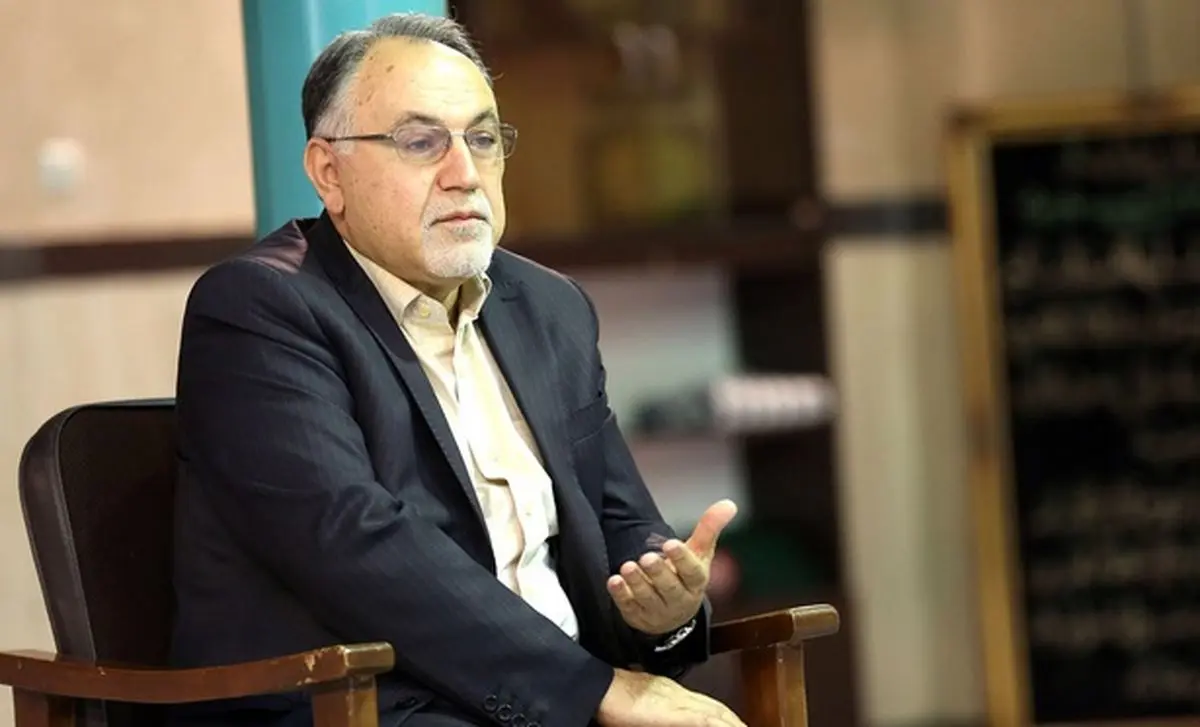SAEDNEWS: Political analyst Alireza Alavi-Tabar emphasizes that Iran needs strategic reforms and a careful approach to diplomacy after the 12-day conflict, as the public seeks meaningful change without high costs.

Alireza Alavi-Tabar spoke to Etemad newspaper about the urgent need for changes in Iran’s governance system and the positioning of political forces.
According to Saed News, parts of the interview are as follows:
At the level of government, the first outcome of the 12-day conflict was a change in Iran’s regional role. Iran’s position in countries such as Syria, Iraq, and Lebanon shifted, and the country lost part of the opportunities and capacities it had in these nations. The government had envisaged allies it could rely on in critical moments, but this expectation was disrupted. Moreover, the legitimacy and credibility of radical slogans, both regionally and globally, were questioned, and the feasibility of achieving them became uncertain.
Iran needs brave officials to reform strategies and policies. Overall, three main demands have emerged: First, the pursuit of an agreement with the world and the adoption of a non-confrontational foreign policy; second, maintaining central power during crises to prevent fragmentation; third, fundamental changes beyond personnel shifts—namely, alterations in policies and strategies.
The reason the Iranian public did not engage in street protests during the 12-day conflict lies elsewhere. Alavi-Tabar believes that the Iranian government acted appropriately regarding the U.S. invitation for dialogue. Anyone who examined the exchanges fairly could see that Iran accepted the logic of negotiation and participated actively. Therefore, the public did not hold the government responsible or protest.
Every protest requires a rational justification. Dissatisfaction alone does not automatically lead individuals to take to the streets. The Iranian people seek change, but not at any cost, unlike the external opposition, which demands change regardless of consequences. The public wants change that minimizes human and material costs. A regime change resulting from an imposed war entails enormous costs and has never been requested by the Iranian people.
The government must strive to reach an agreement with global powers and must not allow the perception that it is unwilling to negotiate. Dialogue, negotiation, and compromise to achieve agreement and move beyond a state of neither war nor peace are the first steps the government must take to gain public trust.

